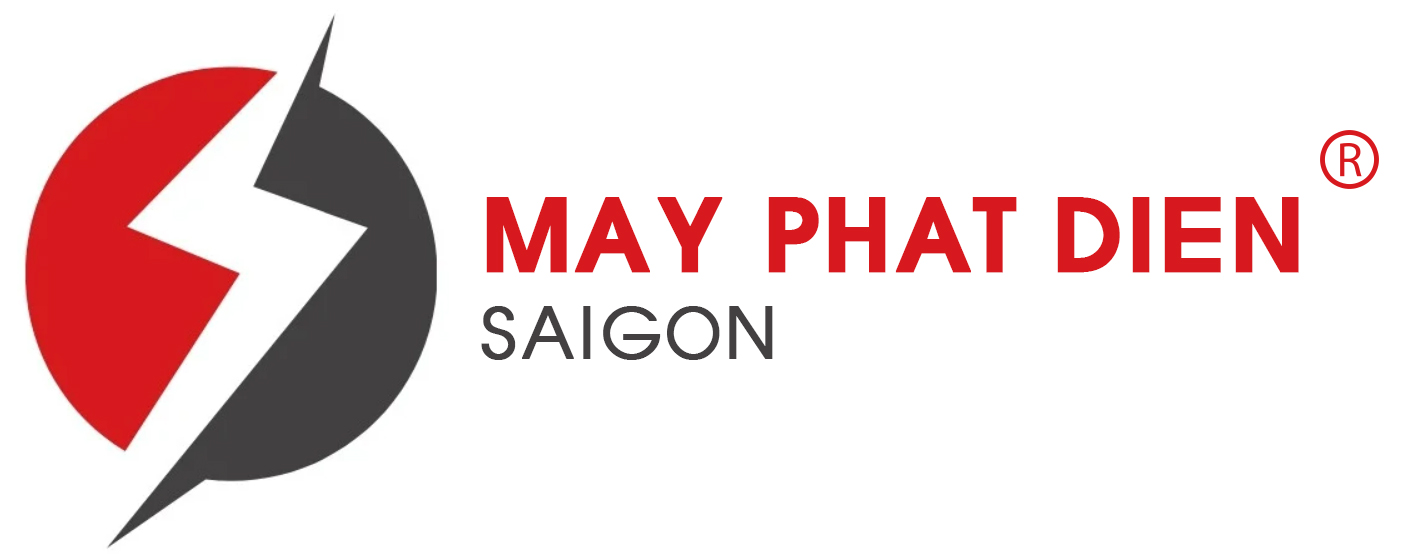Here is a draft article about Ethereum: What is JSON-RPC and do I need it?
Ethereum: A Smart Contract Platform with JSON-RPC
As a Bitcoin enthusiast, you may be familiar with the concept of decentralized applications (dApps) built on blockchain networks. Two popular platforms that have gained a lot of attention in recent years are Ethereum and Bitcoin. In this article, we will look at what JSON-RPC is, what role it plays in Ethereum, and whether you need it to build dApps.
What is JSON-RPC?
JSON-RPC (JavaScript Object Request Processing) is a protocol used to interact with smart contracts on the Ethereum blockchain. It allows developers to send and receive data to or from contract addresses using HTTP requests. The JSON-RPC protocol uses a standardized format to transfer data between clients (e.g., Node.js applications) and the Ethereum Virtual Machine (EVM), which executes smart contracts.
JSON-RPC on Ethereum
Ethereum’s native cryptocurrency, Ether (ETH), is not a traditional token, but a utility token that developers can use to build dApps. To interact with these dApps, you need to connect to the Ethereum network using JSON-RPC. The EVM, which runs on the Ethereum mainnet or testnets, receives HTTP requests and executes them as if they were a JavaScript function call.
Do I need JSON-RPC?
To build and deploy dApps on Ethereum, you need to use a library that interacts with the Ethereum network using JSON-RPC. This can include:
- Node.js: You can use Node.js libraries like web3 or ethers.js that provide an interface to interact with the EVM.
- Contract Deployment: When deploying a contract, you need to deploy its Application Binary Interface (ABI) and other relevant data, which is usually provided via JSON-RPC.
- Contract interactions: You can use libraries like
web3.ethorethers.jsto send HTTP requests to the EVM, allowing you to interact with dApps.
Advantages of using JSON-RPC
Using JSON-RPC has several advantages:
- Easy integration: With a library, you can focus on building your dApp without worrying about the underlying Ethereum network.
- Standardized interface
: JSON-RPC provides a standardized format for interacting with smart contracts, making it easier to develop and test dApps.
- Low overhead: Since JSON-RPC uses HTTP requests, you don’t have to worry about complex blockchain protocol implementations.
Conclusion
In summary, JSON-RPC is an indispensable tool for building dApps on Ethereum. While you may not need it if you are only using a Bitcoin client or a third-party service, having access to this technology can greatly simplify the process of developing and deploying smart contract-based applications on the Ethereum blockchain.
Resources
For more information on JSON-RPC and Ethereum development, I recommend reading resources like these:
- The official Ethereum documentation
- Node.js documentation for the
web3library
- Ethereum GitHub repository
I hope this article has given you a clear understanding of JSON-RPC and its role in Ethereum. Happy building!

